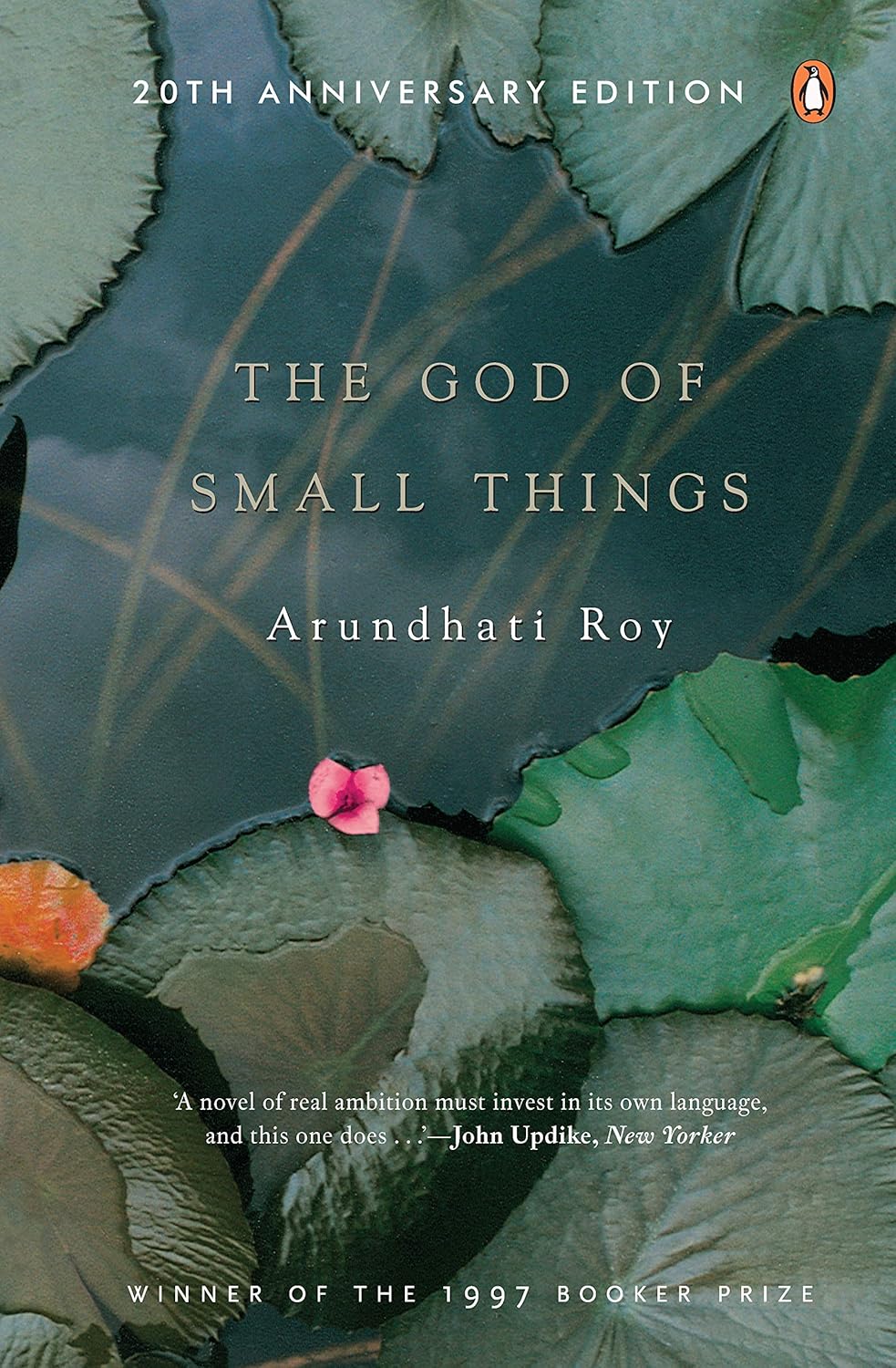The God of Small Things is a novel written by an Indian writer Arundhati Roy in 1997. It is a beautiful novel deals with love, family relations, and social issues in contemporary Indian society. The story of the novel is set in a small village called
Read More
The God of Small Things is a novel written by an Indian writer Arundhati Roy in 1997. It is a beautiful novel deals with love, family relations, and social issues in contemporary Indian society. The story of the novel is set in a small village called Ayemenem, a town in Kerala, with the narrative shifting two time zones of 1969 and 1993. It revolves around the lives of the Ipe family in which two fraternal twins reunite as young adults who were kept apart in family tension for many years. The novel won prestigious Booker prize in 1997.
The main character are Ammu and her twin children Rehal and Estha. Ammu , who faced a difficult life in her unhappy marriage, returns to her family home after divorcing her abusive husband. In the traditional Indian society of the 1960’s and 1970’s divorce was frowned upon and Ammu’s returns makes her a subject of gossip and judgment. Ammu’s family includes her strict and conversation mother. Mammachi, her jealous Aunty, Baby Kochamma and her carefree brother, Chacko. Chacko had studied in England and was married to an English woman, Margaret, but there marriage didn’t Last. Margaret returns to Ayemenem with her daughter Sophie Mol, after her second husband dies.
The novel shifts between two timelines. 1969 when a tragic event changes the family forever and 1993, when Rahel, returns to Ayemenem as caste discrimination, and family conflict influence the character lives. One of the central themes is the forbidden love between Ammu and Velutha, a lower caste worker at the family’s pickle factory. Velutha is kind, talented and loved by the twins, but their relationship is not accepted in their rigid society, when Velutha is falsely accused of kidnapping Sophie Mol. He faces brutal consequences. This event tears the family, apart and leads to immense suffering for everyone.
The twins, Estha and Rahel, are deeply affected by these events, Estha is send away to live with his father, while Rahel stays in Ayemenem. As they grow up they become distant from each other and adults but the pain of their past still lingers. The novel also highlights the power of small things tiny moments, emotions and actions that shape lives, It criticize the caste system, gender in equality, and the rigid traditions that cause people to suffer.
Show Less

